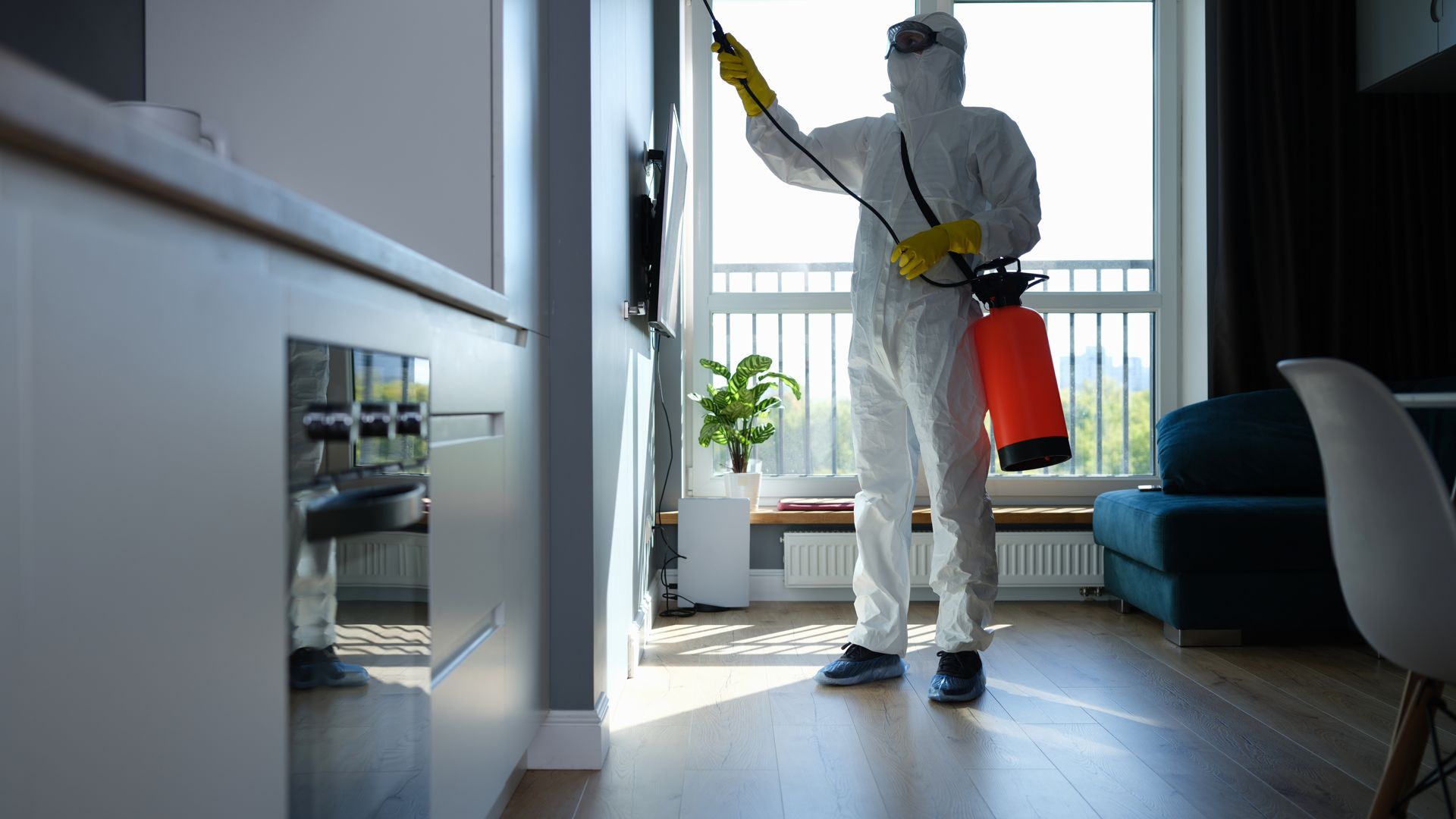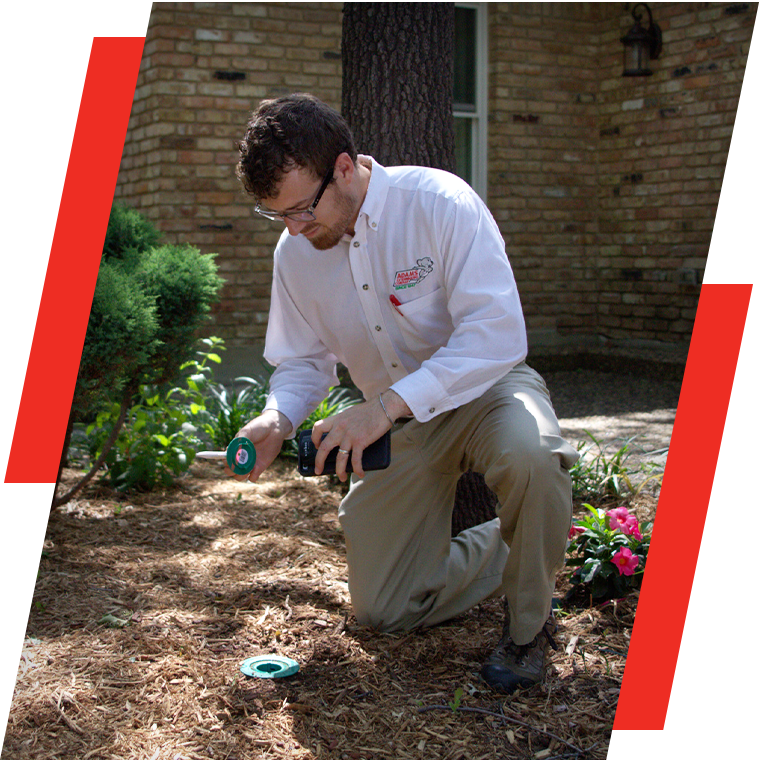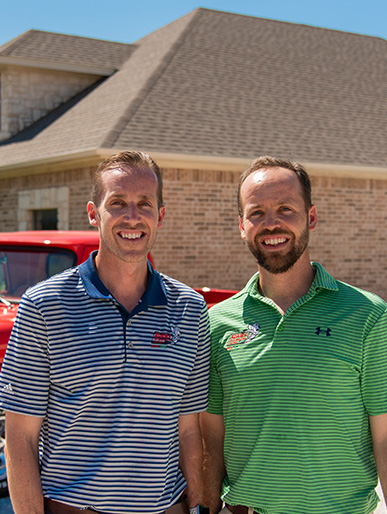
Why Are Wasps Everywhere in North Texas?
As stinging insects, wasps are natural predators who enjoy feeding on everything from cicadas to spiders. While they may be beneficial to the environment as pollinators, these pests can cause a lot of problems for Frisco homeowners, especially if they’re building nests around your North Texas home.
Here’s what North Texas homeowners should know about identifying different types of wasps, how dangerous they can be to encounter, ways to naturally prevent them, and the safest way to deal with wasp problems and wasp nests with pest control in North Texas.
What Do Wasps in North Texas Look Like?
While they may all deliver painful stings, there are actually several different kinds of wasps in North Texas, including:
- Paper wasps: These large wasps have pinched waists and black or brown bodies with orange or yellow markings. They get their name from their umbrella-shaped paper nests.
- Mud daubers: Mud daubers are another large wasp species that can grow up to two inches long with black bodies, although some have a metallic blue sheen as well. These wasps are also known for their distinctive nests, which they build out of the mud.
- Cicada killers: Cicada killers are known as the “gentle giants” of the wasp world, despite their aggressive name. Their bodies can be red or black, but most of them have a yellow band that goes around their waists.
- Yellowjackets: Also known as a type of ground wasp, yellow jackets have yellow and black markings and prefer to create their nests out of open cavities in the ground if they can.
How Dangerous Are Wasps in North Texas?
You may already know or have experienced a wasp’s painful sting, but the dangers of these stinging insects don’t stop there. Wasps can be dangerous in a couple of different ways, and here’s how.
Allergies
Like any allergy, if you’re allergic to wasp stings, getting stung by one of these pests could be extremely uncomfortable or even dangerous. The more wasps on your property, the more dangerous they can be for anyone who suffers from a wasp allergy – especially if you discover a wasp nest or an active colony near your North Texas home.
Swarm Attacks
Wasps can be dangerous even for people who don’t have serious allergic reactions. Many wasps, especially yellowjackets or mud daubers, can be aggressive and protective of their nests. If you try to get rid of a nest on your own or even just stumble onto it accidentally, wasps won’t hesitate to attack in swarms and sting you multiple times. Depending on the severity of the swarm attack, dealing with wasps or a wasp nest could warrant a visit to the emergency room.

Why Choose Adams Exterminating?
-
Trained Entomologists & Service TechniciansOur team brings a deep understanding of insect biology and behavior to create targeted pest control strategies. We're equipped with the latest techniques and technologies to effectively eliminate pests.
-
Customized Plans for Every BudgetRecognizing that each space is different, we customize pest control services for every home or business. Our approach involves targeted solutions, addressing specific needs for your environment.
-
Trusted in the Community Since 1947With a legacy dating back to 1947, our pest control company brings decades of experience with a proven track record to keep your space critter-free.
-
Locally Owned & OperatedAs a locally owned business with offices in both Denton and Lewisville, we are rooted in the community and dedicated to serving our neighbors with personalized service.
Natural Wasp Prevention Tips for North Texas Properties
While you may need a stronger form of protection to combat wasp nests or infestations, there are some natural ways to deter these stinging insects from building their nests on your property in the first place, such as:
- Don’t leave any food scraps or crumbs in your yard, especially sweet or protein-rich foods.
- Keep your garbage cans completely closed and sealed with a lid, and make sure you’re regularly emptying them as too much rotting food could draw in wasps.
- Cover up any holes or open cavities in the ground around your property as they can be a popular place for yellowjackets to start building their nests.
- Make sure you’re keeping any windows and doors shut during the warmer months to prevent wasps from getting inside your home.
- Regularly check your property for signs of a wasp nest, like under porches, decks, eaves, or in trees, but do not approach anything that resembles a nest or hive without professional help.



